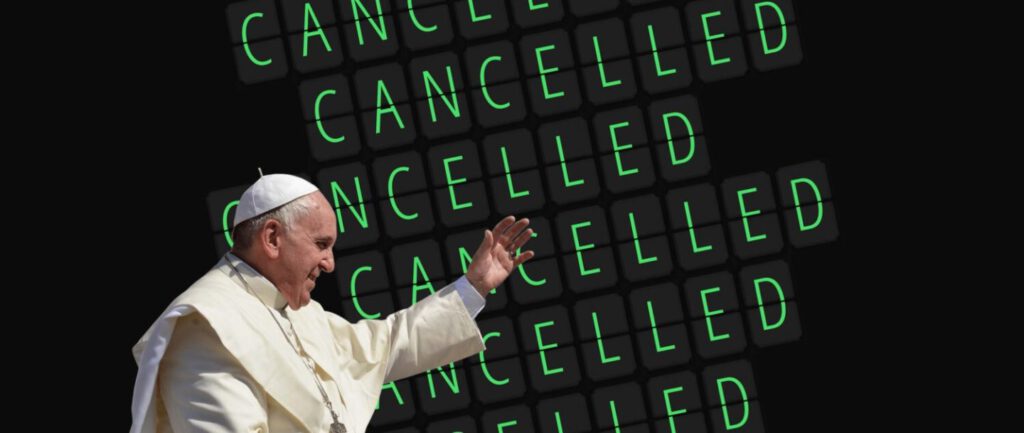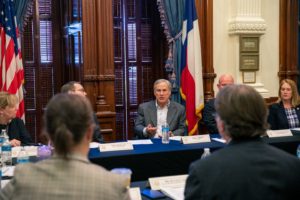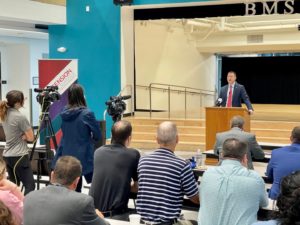Pope Francis warns about the dangers of “cancel culture” and educational disruptions
On Monday Pope Francis spoke to diplomats at the Vatican, describing “cancel culture” as “ideological colonization, one that leaves no room for freedom of expression.” Francis also addressed…

On Monday Pope Francis spoke to diplomats at the Vatican, describing “cancel culture” as “ideological colonization, one that leaves no room for freedom of expression.” Francis also addressed educational disruptions, warning of the potential negative impact of remote learning on children. His comments were part of a larger, wide-ranging address.
Cancel culture as dangerous, “one-track thinking”
In his message, Francis spoke of the “cancel culture” that is “invading many circles and public institutions.” He called it dangerous, “one-track thinking” that denies history or attempts to re-write it according to the values that are in vogue.
Further, he attacked cancel culture as a sham, a “guise of defending diversity” which risks actually squashing diversity by silencing all opinions that disagree:
As a result, agendas are increasingly dictated by a mindset that rejects the natural foundations of humanity and the cultural roots that constitute the identity of many peoples. As I have stated on other occasions, I consider this a form of ideological colonization, one that leaves no room for freedom of expression and is now taking the form of the “cancel culture” invading many circles and public institutions. Under the guise of defending diversity, it ends up cancelling all sense of identity, with the risk of silencing positions that defend a respectful and balanced understanding of various sensibilities. A kind of dangerous “one-track thinking” [pensée unique] is taking shape, one constrained to deny history or, worse yet, to rewrite it in terms of present-day categories, whereas any historical situation must be interpreted in the light of a hermeneutics of that particular time, not that of today.
Remote learning isolates children
Pope Francis also addressed education, regretting how the disruptions of the pandemic have prevented many young people from attending school, to the “detriment of their personal and social development.”
While he was careful to point out how educational technology helped children during the pandemic, he was especially concerned with the physical isolation that accompanied its use.
“I do appeal urgently that we be watchful lest these instruments substitute for true human relationships at the interpersonal, familial, social and international levels,” Francis said.



